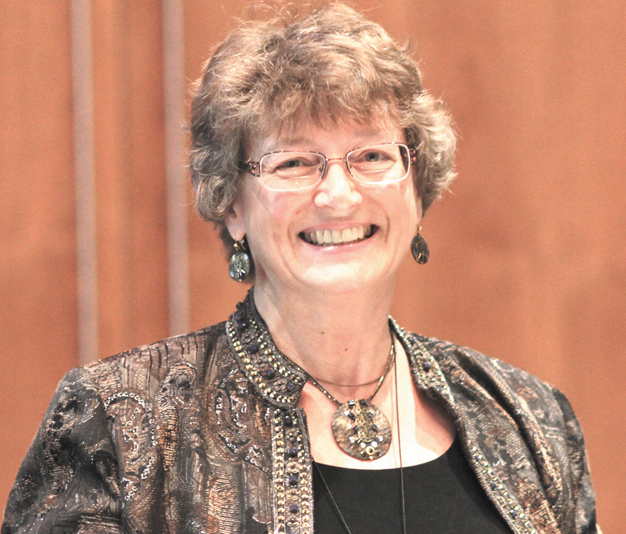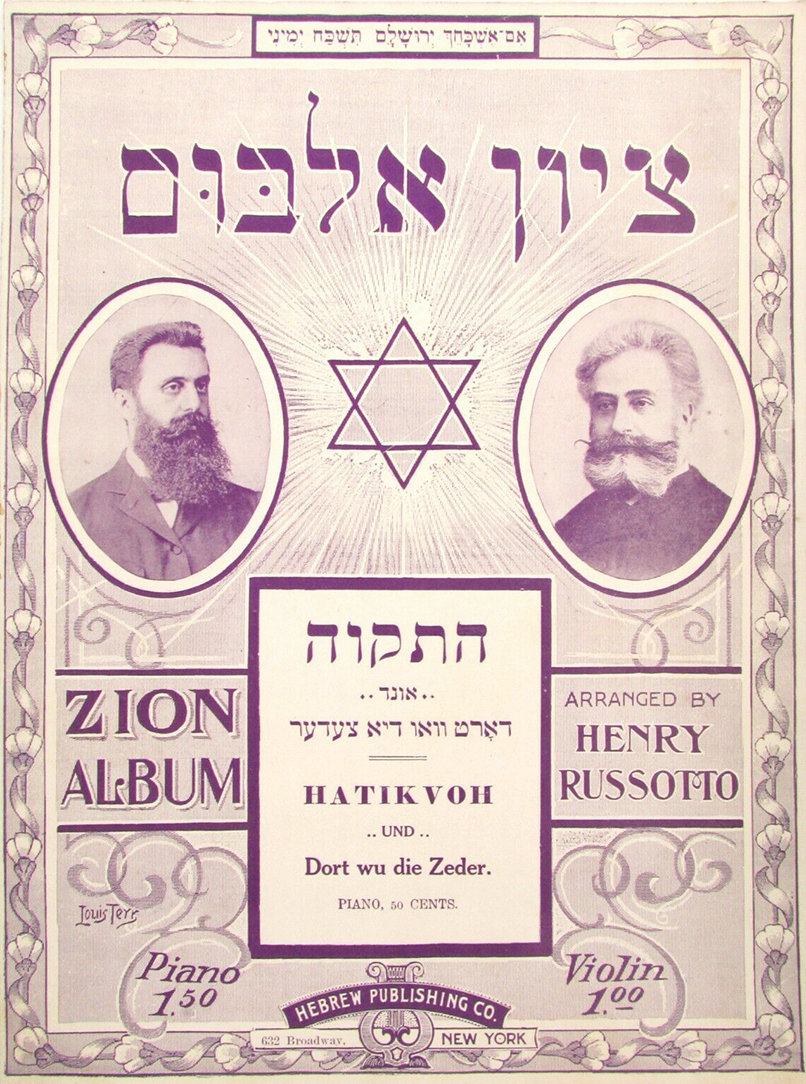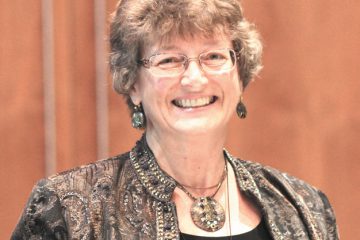Not yet

The Power of Stories Series
Jewish Family Education With Candace R. Kwiatek, The Dayton Jewish Observer
A devoted husband and father of seven, Rabbi Isaac Hurwitz writes a weekly Torah commentary and runs a marriage advice blog. Every day, he welcomes friends and strangers into his home for study, prayer, and conversation. His original song, Shine a Little Light, went viral on YouTube, also the site of his inspirational video, I’m Yitzi Hurwitz And I Know that I Matter. His accomplishments are especially noteworthy because Rabbi Yitzi is completely paralyzed except for his eyes. What keeps him going?
In a word: Hope.
According to psychologist Shane Lopez, hope is “the belief that the future will be better than the present, along with the belief that you have the power to make it so.”
Hope is seeing possibilities and taking action, not just wishful thinking or even optimism.
“Optimistic people see the glass as half full, but hopeful people ask how they can fill the glass full,” quips hope science researcher John Parsi.
Research into the nature of hope has led to some startling conclusions. Hope is measurable and learnable; it is not an inborn trait. Lopez reports that hope is “the leading indicator of success in relationships, academics, career, and business.”
Studies also note its contribution to greater happiness, better physical and mental health, and overall wellbeing.
While only recently noticed by science, hope is in fact an ancient gift of the Jews. In all early civilizations, human destiny was controlled by the stars, blind fate, or divine decree.
In later eras, it was nature, economic interests, unconscious drives, or genetic codes.
From the beginning, however, Judaism understood destiny as the result of humans’ free will choices and actions. In a word, hope.
Revealed to Moses at the burning bush, God’s description of his own name, “Ehyeh asher ehyeh, I will be what I will be,” looks to the future, extends endless possibilities, offers hope.
From Genesis through Chronicles, the biblical narrative is an ongoing saga of stories left incomplete, of destinies not yet fulfilled, of possibility and hope.
Although brimming with unrelenting foes and unlikely odds, Jewish history is also a call to hope.
Exiled in Babylonia, the Jews created the Talmud, one of the most significant religious texts in the world.
Expelled from Jerusalem, her Holy Temple ravaged and ruined, the Jews founded centers for learning and gave birth to rabbinic Judaism.
Excluded from property-ownership and trades, medieval Jews focused on excelling as merchants, moneylenders, and artisans.
Much later, Jews resurrected the language of the prophets and of prayer, restored Hebrew as a living language and — once again sovereign in the Promised Land — chose for their national anthem Hatikvah, The Hope.

Throughout, the Jews not only refused to discard their beliefs, values, and traditions, but embraced living filled with hope.
“To be a Jew,” wrote Rabbi Jonathan Sacks, “is to be an agent of hope in a world serially threatened by despair. Every ritual, every mitzvah, every syllable of the Jewish story, every element of Jewish law, is a protest against escapism, resignation or the blind acceptance of fate.”
In Jewish folklore, there is one major character associated with hope: Elijah the Prophet.
It is said that Elijah was transported to heaven in a fiery chariot, but he never died. And while his heavenly task will be to herald the coming of the messianic era, Elijah sometimes returns to earth to help those in need, to teach us how we can help heal the world, and to remind us of hope.
Driving Elijah. Cardiologist Blair Grubb had already experienced a challenging day, and he was on parenting pickup duty. As he hustled his young son into the car, an elderly man hunched over a walker approached and asked for a ride home from the community center, having just missed the last bus. Blair’s young son enthusiastically responded, “Sure we can!”
Although piano lessons were imminent, they were soon on the road, chatting non-stop. When it came out that Blair was upset at the loss of his grant funding, the elderly man inquired about his research, asking several insightful questions.
Later that evening Blair’s son announced, “Maybe that was Elijah!”
Several weeks later, the medical college received an anonymous grant of $10,000 for Blair’s research. Incredulous, Blair thought, “No. It couldn’t be.” And yet, no one at the community center remembered the old man, and he never appeared again. His son’s response? “See, Dad? We were driving Elijah!”
Where is Elijah? One year shortly before Passover, Simon Fishkoff approached his rabbi with a question. “For 40 Seders, I’ve opened the door to Elijah, but I’ve never seen him. What exactly am looking for?”
After a moment, the rabbi responded, “You know the Yakovich family who have just immigrated here from Russia? Their apartment is bare, and they can hardly care for themselves. Take everything they need for Seder to their apartment and celebrate each night of the holiday with them. I guarantee you will see Elijah walking in their door.”
After the holiday, Simon returned to his rabbi. “I did everything you told me, and it was wonderful, but I never saw Elijah!”
The rabbi smiled. “Elijah did come, but of course you couldn’t see him.” Holding up a mirror he said, “This was the face of Elijah.”
In the words of Rabbi Sacks, hope calls us to “struggle against the world that is, in the name of the world that could be, should be, but is not yet.”
Literature to share
The Last Rose of Shanghai by Weina Dai Randel. Desperate to escape the Nazis, some Jews made their way to Shanghai, a prosperous city of nightclubs, an international port, and the world’s fifth largest city. When the penniless but talented Jewish refugee Ernest Reismann met the ambitious nightclub owner Aiyi Shao, his jazz piano playing made her nightclub the hottest spot in Shanghai. Then the Japanese took over. Against the background of a fascinating and little known history, this tale of passion, survival, and choices is a compelling read.
The Prince of Steel Pier by Stacy Nockowitz. Joey intends to spend the summer at his grandparents’ Atlantic City Boardwalk hotel earning arcade prize tickets to trade in for a camera. But when the king of Steel Pier, mobster Artie Bishop, offers him a job, Joey is delighted. Someone is finally taking him seriously! But the job comes with a price. Steel Pier is a coming-of-age story about family, ambition, and character, and the kinds of decisions we make when these elements collide.
I’m Yitzi Hurwitz, and I Know That I Matter video by CTeener
To read the complete September 2022 Dayton Jewish Observer, click here.



